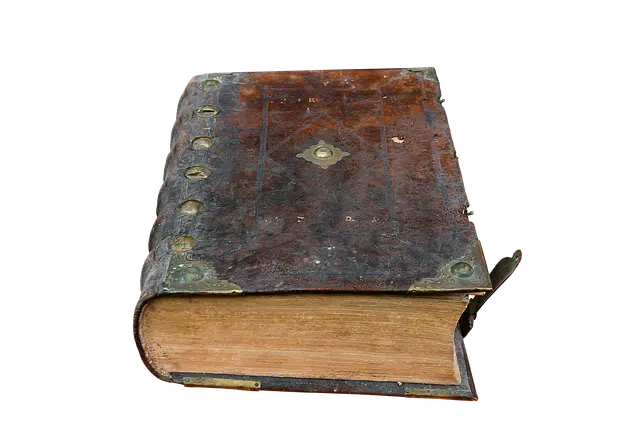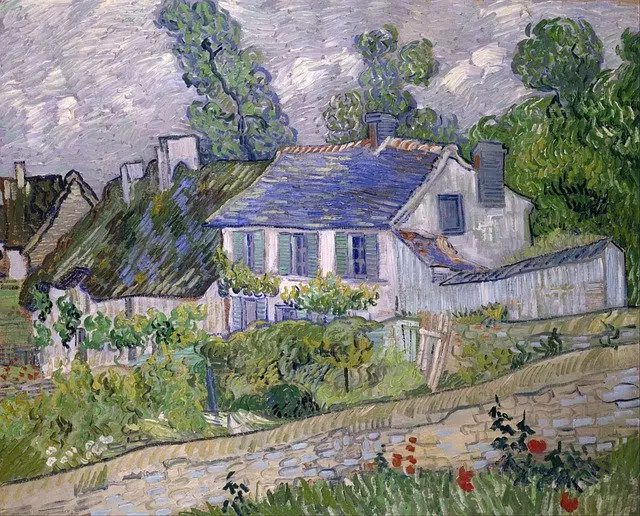
An apocryphal text is wrongly attributed to an author.
The Greek term apókryphos derived from a Latin word that, in turn, came to Spanish as apocryphal . The first meaning mentioned in the dictionary developed by the Royal Spanish Academy ( RAE ) refers to an adjective that qualifies what is simulated, what is non-existent or what is fake .
For example: “An apocryphal nobleman appeared at the newspaper office denouncing that he had been defrauded by the mayor” , “In the town they have the custom of worshiping an apocryphal saint” , “The young man tried to enter the country with an apocryphal document” . , but he was detained by the police.”
The apocryphal associated with authenticity
The most common use of apocryphal is linked to the authenticity of a work with respect to its authorship . For various reasons, a creation is often incorrectly attributed to a specific person. In those cases, the work is said to be apocryphal.
Suppose that a public letter supposedly written by an actor begins to circulate on social networks, the text of which presents strong criticism of the current government . The actor in question, upon becoming aware of the letter attributed to him, denies its authorship. The letter, therefore, is apocryphal.

The sale of apocryphal paintings constitutes a scam when it is intended to deceive the buyer.
Famous phrases misattributed
There are even famous phrases that are apocryphal since they are wrongly attributed . An example is “They bark, Sancho: a sign that we ride” , an expression that is often believed to have been uttered by Don Quixote de la Mancha in the famous work by Miguel de Cervantes , although it does not appear in the book.
Although this quote has not been attributed correctly, since it does not belong to Don Quixote de la Mancha , its story is very interesting and far from a mere error. Some specialists believe that it may derive from a poem by Johann Wolfgang von Goethe , published in 1808, in which three of its verses say "They bark loudly... / But their strident barking / They are only a sign that we are riding." Regarding the name "Sancho" , it seems that Rubén Darío added it many decades later, when he appropriated these verses to create the expression that over time became an apocryphal quote.
The meaning of this expression is that the criticism of detractors often shows us that we are on the right path. In this particular case, we can note that the term apocryphal does not always have a "dangerous" connotation; Although literary scholars and authors involved in the confusion may not be happy, it is an error that is not intended to harm anyone, and that has a very simple solution: read the story in question to discover that the quote is not is correct.
The apocryphal in religion
In the field of religion , finally, what is not accepted in the canons is classified as apocryphal. There are apocryphal gospels that are not part of the doctrine of the Catholic Church .
Another name by which the apocryphal gospels are known is extracanonical gospels . This is a series of texts that emerged during the beginning of Christianity to describe Jesus of Nazareth, which are not included in the canon of the Tanakh or any Bible used by the different congregations of Christians. One of the most notable manuscripts of this group are those from Nag Hammadi.
Despite having been called gospels, these apocryphal writings have a style and content clearly different from those that we can find in the canonical texts . While the latter do not rely on embellishments for their apostolic preaching, the former are characterized by the abundance of extravagant and exaggerated situations, typical of fantasy, and the teachings they present are not equivalent to those of the official Bible.
